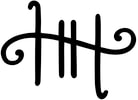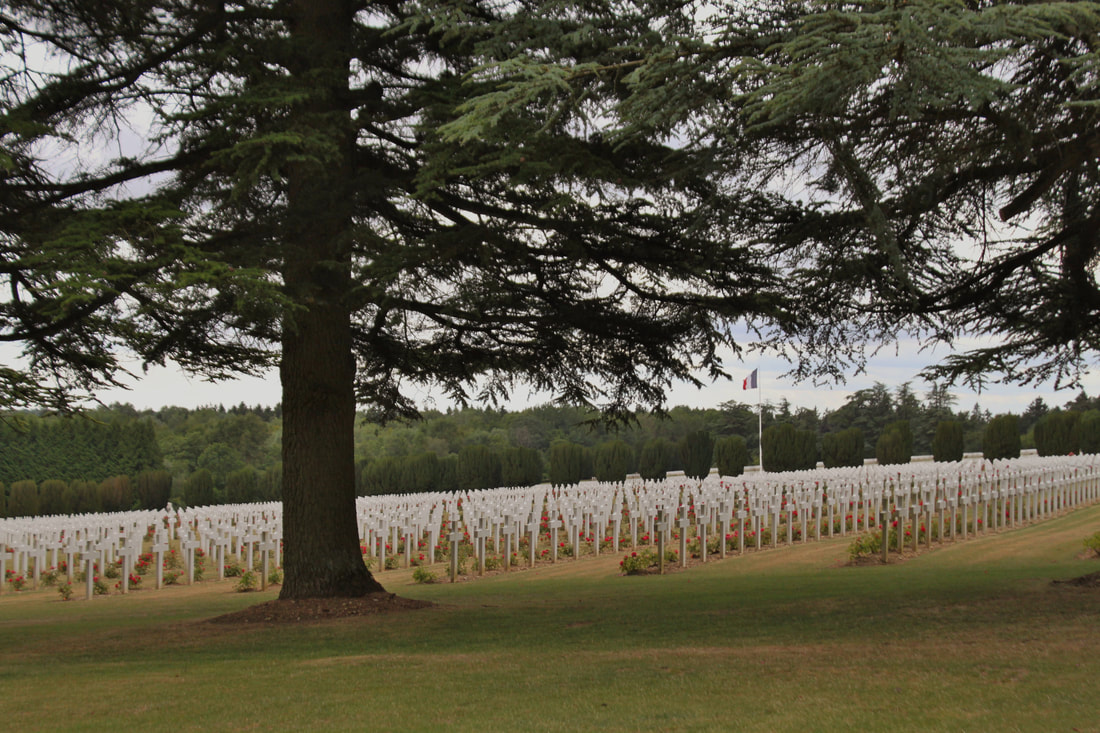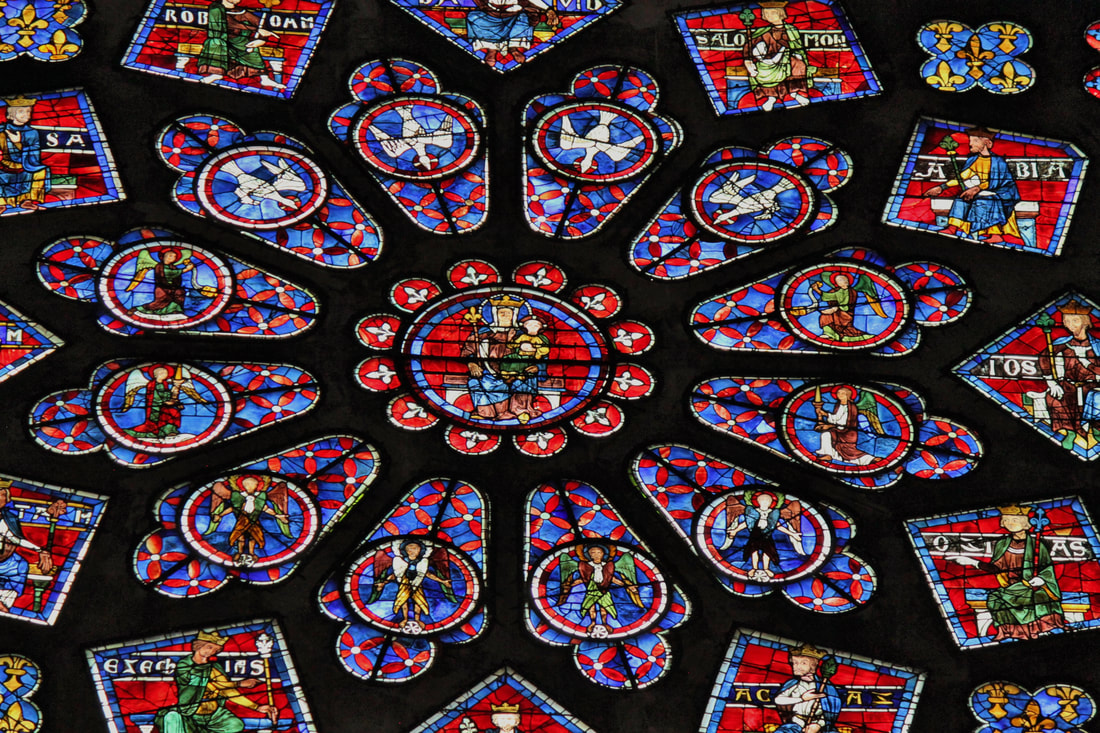|
“You’re doing what?” “How interesting!” “Where did you hear about that?” “Is that legal?” As you consider, or begin, using history as the hook for all subjects, you might wonder what makes chronological learning a better choice than topical learning. Maybe your friends or administrator or mother-in-law or colleagues or child’s teacher is asking about your unique method of study. Let’s look at five reasons to use history as the hook. 1. ChooseLearning topics you have a passion for is the best way to learn—and the only way to secure individualized, life-long learning. When you or your student enjoys what you study, seeing a reason for that study, knowledge is tucked into the heart and linked to other knowledge to be useful later. If you add choices about the learning environment and the study schedule, learning increases exponentially. Then you are able to reproduce the ideal study environment later in life, so you can always learn any subject, any time, any where. Why is choice so important? Everyone longs to make certain decisions for themselves, without persuasion or coercion from someone else. Education is vital to each person’s present and future well-being. It is simple to individualize curriculum content by perusing the chronological timeline of the period and choosing to study in more depth topics that attract attention and interest—and connect them all chronologically. 2. ConnectConnections make everything easier to learn. If learners can hook an event, a person, or a topic to a time period, and to other people or events in that time, they will be more likely to remember those facts and connections. Subjects are linked by people and place and philosophy. They are knit together, in many cases so seamlessly it is difficult to separate them. How do you learn the Golden Mean without knowing about art or math? What was the reason behind the American Revolution--government or commerce or freedom? Can Guernica be studied without a knowledge of military history or dictatorship? Since topics are so interconnected, it makes sense to use those links to aid in the learning process. Tying it together chronologically allows learners to see cause and effect and cycles, and to choose consequences based on their gained experience. 3. cultivateThere are so many advantages to studying history. One of my favorites is the refinement and excellence that comes as I learn about people, the situations they encounter in their lives, and how they deal with them. I am inspired by examples of positive action, creativity, and courage. I am also motivated by examples of greed, hate, and fear—to choose the opposite reaction in my own life. As I study talented artists and musicians, inventors and scientists, mathematicians and politicians, I applaud their excellence and my soul is polished by association with their works. I choose to cultivate greatness in myself because I am inspired by the actions of noble men and women, and I am able to mentor others by exposing them to refinement and excellence throughout history. 4. ConsiderCritical thinking is another benefit to chronological study. Viewing the big picture and the little parts helps learners see recurring patterns and consequences. They sharpen their minds by studying great literature and art and nature, considering people and events from many angles, participating in philosophical discussions, and writing or speaking to express their knowledge and opinion. As we learn about a person or time period or culture, it may be the first time we encounter a differing worldview. With background knowledge and a mentor’s guidance, we will be able to look at others’ worldviews objectively and with understanding. We can consider others and make choices with more empathy and confidence. 5. ConsecrateThe whole purpose of education is applying what you’ve learned to benefit yourself and your world. Again, chronological study provides us with multiple examples of people who use their gifts to improve the lives of others. You are the only one who can choose to consecrate your life to your purpose. To consecrate is to dedicate, to give, to make sacred. Consecration implies commitment, sacrifice, and application. As individuals, families, and societies learn history, we are able to remember and heal. How do we remember something we have never experienced? We study history carefully and choose a healing path to go forward. This makes our study sacred, consecrated. There are so many reasons to study all subjects chronologically! You can feel secure in your choice to use chronological history as the hook for all learning, knowing you can choose the subjects you are passionate about, connect all subjects, cultivate excellence, consider patterns and consequences, and consecrate your education to remember and heal.
0 Comments
Leave a Reply. |
AuthorBonjour! I'm Bonnie. I love learning, travel, reading, writing, photography, and all things French. I am especially passionate about agency education, the humanities, and using history as the hook for all learning! Archives
July 2021
TopicsAll Agency How To How-to Mentoring |
|
©History is the Hook, 2021
|





 RSS Feed
RSS Feed